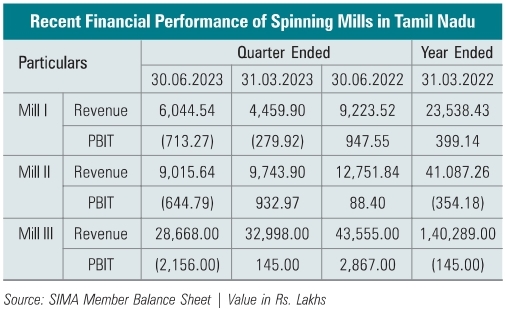By Rabindra Nath Sinha
KOLKATA: Uncertainties over receipt of proceeds are now being factored in by India’s exporters regularly servicing the Bangladesh market. India-Bangladesh trade, a very large chunk of which is carried through some half-a-dozen land ports, was not seriously affected even after the collapse of the Sheikh Hasina regime and the former Prime Minister fled to India on August 5 last. For about two weeks thereafter, bilateral trade saw some disruptions but thereafter, it has been generally okay. But, of late, pointers are no more as reassuring, export trade sources told IPA.
As usual, exporters are backed with LCs and exporters are to receive payments within 72 hours after banks in there getting all supporting documents. But, delays at that end are usual and banks there take anything between 10 days and two weeks to clear payments. Our exporters have in recent times learnt through their channels of communication that some banks engaged in external trade financing are experiencing operational problems and are, therefore, reassessing their export commitments although they have tied up with local supply sources. The steady weakening of Bangladeshi Taka against the US dollar too is adding to the woes of the commercial banking management, in general and the authorities administering the banking system.
The functioning of the banking system in the neighbouring country, they add, are not as streamlined as it is in India.
India’s key exports to Bangladesh include vegetables, coffee, tea, spices, sugar, confectionary, refined petroleum oil, chemicals, cotton, iron & steel and vehicles. India’s imports from Bangladesh are restricted to a few categories, with textiles and garments accounting for about 55 per cent of that country’s shipments to India. Incidentally, it may be mentioned that the garment sector has over the years emerged as a major player in the economy. But, in the prevailing circumstances, this segment of industry has been hit, with attendant impact on employment.
Among vegetables, keeping in view local demand, New Delhi in recent times has had to impose restrictions on export of potato and onion. India also a certain tonnage of rice of select grades. Some quantitative curbs had to be imposed. A small percentage of “decline in our exports to Bangladesh may be attributed to New steps which, at times, also take into account demands of our state government”, Pradip Kumar Dey, president of Export-Import Association, Petrapole told IPA. “Reports reaching us suggest that prices of potato and onions in Bangladesh have skyrocketed; rice too has become costlier”, Dey added.
With anti-India feeling becoming pronounced by the day in the last two-three weeks and minority bashing becoming too frequent, truck drivers and their supporting staff at our end are these days reluctant to carry goods through the land ports ; for example Petrapole in North 24 Parganas district on our side and Benapole in Jessore district of Bangladesh. Already, some drivers and their supporting staff have in the process of discharging their duty have had to put up with abusive language across the border.
There have also been some instances of trucks being held up ; forcing truck owners to seek intervention of the Indian authorities for early release of empty trucks for further road transport assignments, according to Sajal Ghosh, general secretary of the Federation of West Bengal Truck Operators Association. The demand for trucks has declined on an average between 25-40 per cent, Ghosh told IPA.
The highly disturbed conditions in Bangladesh are standing in the way of operationalising the Sabroom integrate check post (land port) in Tripura’s South Tripura district. It is located on the banks of the banks of the Feni river which separates India and Bangladesh and is connected to the Chittagong port in the neighbouring country through the Maitree Bridge on the Feni river.
Meanwhile, going beyond their usual business-related issues for discussions with state governments and the Centre, business organisations in Barak Valley working under the umbrella of Assam Chamber of Commerce have raised demand that clearly have political overtones. Assam Chamber of Commerce, while condemning the continuing attacks in Bangladesh against Hindus, Buddhists and Christians, has urged the Government of India to consider suspension of economic relations with the neighbouring country till such time the authorities there take effective steps against minority bashing and creation conditions conducive for resumption of economic relations.
There is no rule of law and communal forces are in control in Bangladesh. New Delhi must prevail upon the authorities there to provide total protection to the minorities, the chamber’s appeal issued by Vivek Poddar, president of the chamber’s South Assam chapter observes. The appeal, copy of which is available with IPA, has been endorsed by several trade bodies of Silchar and Cachar. (IPA Service)

 Democratic And Secular Forces In Bangladesh Have To Work For Protection Of Minorities
Democratic And Secular Forces In Bangladesh Have To Work For Protection Of Minorities 